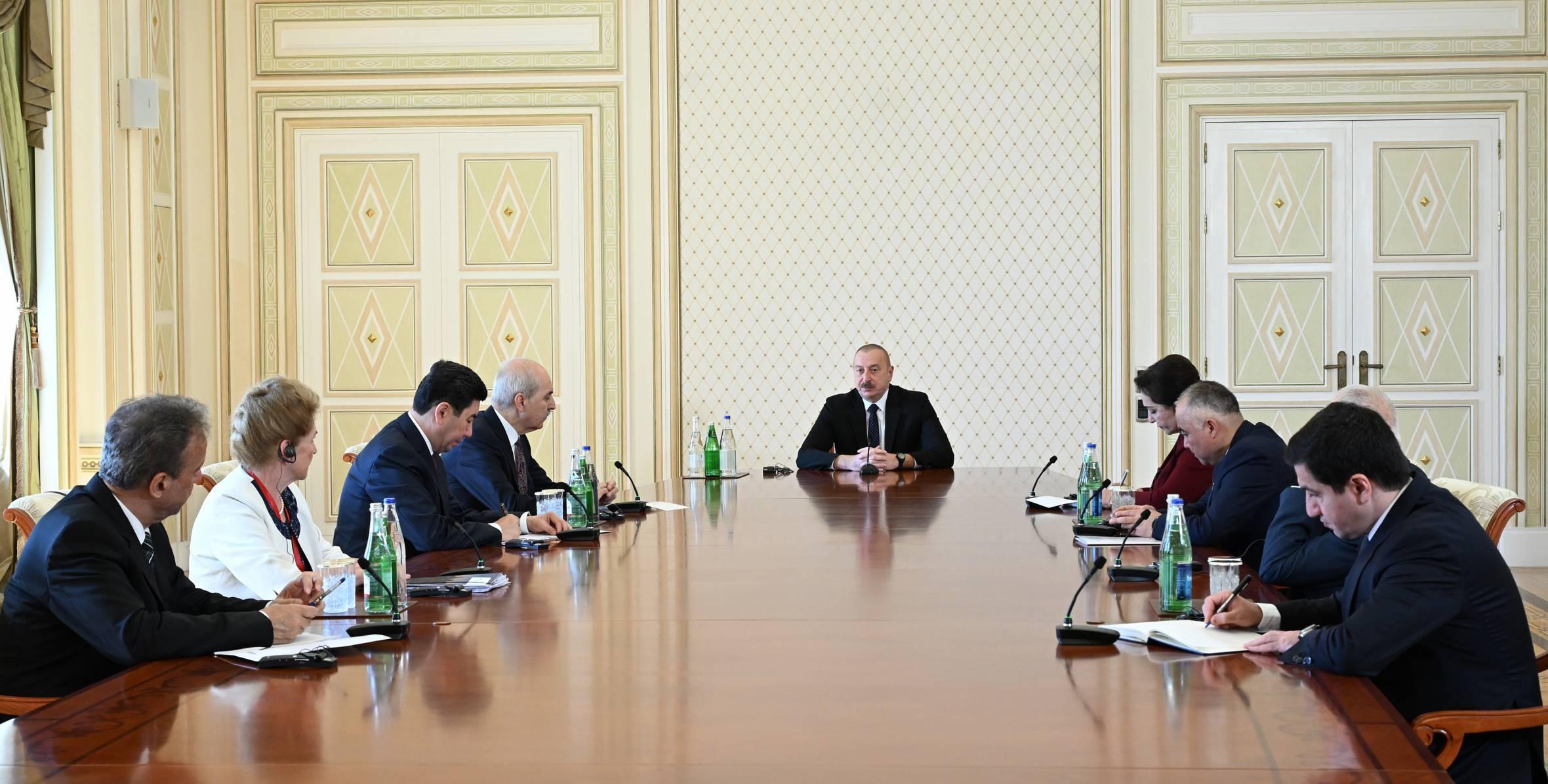Armenian-Azerbaijani peace stumbles over constitution Caliber.Az review
Recently, Armenian Prime Minister Nikol Pashinyan made a surprising statement about the "possibility of exchanging territories with Azerbaijan through a referendum."
"The Armenian authorities will initiate a referendum if the issue of exchanging territories arises during the border delimitation process with Azerbaijan," he stated during a meeting with residents in the village of Shinuhayr in the Syunik Province (Zangezur). Pashinyan added that there might be a situation where "we will cede 100 square [meters] and they - 100 square [meters]." In such a case, according to the Armenian Prime Minister, the decision would be made through a referendum.
"We are doing all this to have a sovereign country, a safe state," the Prime Minister assured, emphasizing that Armenia allegedly has no territorial claims against any country.
But what is really happening? What hidden intentions lie behind these statements? Let's try to understand.
Arguments and context
First, it should be noted that the loud assurances of the Armenian Prime Minister that Armenia has no territorial claims are not supported by any arguments. This is another instance of Pashinyan's verbal bravado, primarily aimed at attracting international attention.
After losing the war in 2020 and the final loss of control over Karabakh in September 2023, the rhetoric of the Armenian Prime Minister has changed. Pashinyan's famous statement "Karabakh is Armenia, period" is long gone.
Now, from Yerevan, there are declarative statements about readiness for peace, which are not followed by concrete steps and actions.
It is worth reminding that the preamble of the Armenian Constitution refers to the Declaration of Independence, which contains territorial claims against its neighbors - Azerbaijan and Türkiye. And it seems that the leadership of Armenia does not intend to amend the country's main legislative document.
One wants to understand, if the Armenian leadership is indeed advocating for a safe state, which can be guaranteed by sustainable peace in the region, for what purpose does it continue to stubbornly torpedo Baku's proposal regarding amendments to the Armenian constitution? What are they counting on, and more importantly, who are they relying on in Armenia by postponing this fundamentally important issue for Baku, fully understanding that there will be no concessions from Azerbaijan?

Azerbaijan's position
Official Baku has unequivocally stated that a peace treaty with Yerevan is impossible without corresponding amendments to the Armenian Constitution.
Azerbaijani President Ilham Aliyev, during a recent meeting with the heads of parliaments of the member states of the Parliamentary Assembly of Turkic States (TURKPA), emphasized: "Signing a peace treaty between Armenia and Azerbaijan while the current Armenian Constitution remains unchanged is simply impossible."
According to Baku, Armenia's renunciation of territorial claims to Azerbaijani lands must be enshrined in Armenia's primary legislative document. Azerbaijan sees this as a long-term guarantee of peace and stability in the region. Without these changes, any agreements will be temporary and will not ensure lasting peace.
External factors and influence
The stubbornness of the Armenian authorities may be linked to hopes for support from Western partners. Yerevan might believe that the United States can pressure Azerbaijan into signing a peace treaty without amendments to the Armenian Constitution. These expectations could be based on the US's desire to include Armenia in regional projects, which requires normalization of relations with Azerbaijan. It's possible that this issue was discussed during the recent visit of US Deputy Secretary of State James O’Brien to Yerevan. This situation might allow Yerevan to take a pause, which the Armenian leadership is demonstrating by delaying both the constitutional amendments and the peace treaty with Azerbaijan.
However, time has shown that pressuring Baku is futile, regardless of the size and influence of the other country. In the South Caucasus, everyone must consider Azerbaijan, which has repeatedly demonstrated its strength and determination in defending national interests.
What's happening inside Armenia?
Meanwhile, Armenian Prime Minister Nikol Pashinyan is trying to maintain internal balance, avoiding pressure from the opposition and protesters. The movement "Tavush for the Motherland," led by Archbishop Bagrat Galstanyan, although it did not achieve its main goal of overthrowing the current government, has nevertheless created an unstable situation in the country, reinforced by external factors. In this situation, Pashinyan is forced to navigate between internal and external challenges.
In this complex game, the Prime Minister should remember: if Armenia maintains territorial claims on Karabakh, a peace agreement between Baku and Yerevan is impossible. Any attempts to evade this fact only prolong the process and worsen the situation.

International law and prospects
Given the unpredictability of Armenian politics, Baku is well aware that signing a peace treaty with a commitment not to make territorial claims in the future is a highly risky endeavor. Moreover, such a treaty cannot be ratified by the Armenian parliament. Article 116, paragraph 3 of the Armenian Constitution clearly states: "International treaties that contradict the Constitution cannot be ratified."
Armenia is a country with which all issues must be resolved here and now. In any case, Yerevan does not seem to be attempting to break this long-standing fact, as evidenced by Armenia's violation of the ceasefire regime on the conditional border with Azerbaijan. The de facto refusal of the Armenian authorities to revise the Constitution stymies the negotiation process with Baku, significantly reducing the effectiveness of previously reached agreements between Baku and Yerevan, particularly on the issue of border delimitation and demarcation. Accordingly, in such conditions, Azerbaijan should strengthen its military-political component to be ready for possible political adventures by its neighbors. These adventures and provocations are bound to happen, considering the upcoming deliveries of offensive weapons to Armenia from France and India.
Conclusion: Progress in negotiations is possible only if Armenia renounces its territorial claims enshrined in its Constitution. Armenia should also abandon revanchist ideas, which manifest, among other things, in the purchase of weapons that could later be used against Azerbaijan. Time is working against Armenia, and there is no doubt about that.








